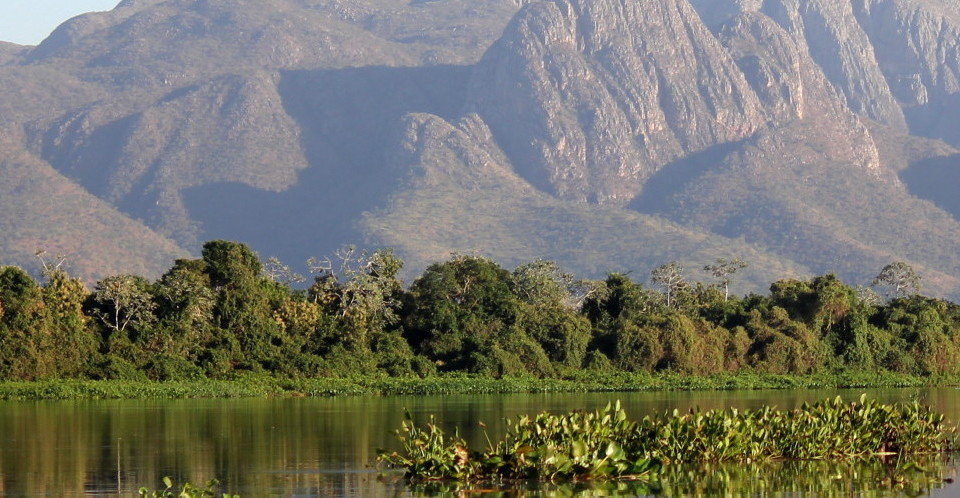Wetlands in upland and mountainous areas have an important role in regulating river flows. Lakes in Africa support 16 -17% of inland fisheries, making Uganda one of the largest freshwater fish producers in the world. Across much of the continent, lake freshwater fisheries provide an important source of food and livelihood for millions of people.
Despite their beauty, these great lakes rank as one of the world’s most endangered water systems. Deforestation, agricultural and industrial pollution, urban waste water and overfishing severely affect the health of many of the lakes and their water basins.
There are also the threats to rivers that also impact Africa’s lakes. Huge hydropower dams with extensive reservoirs decrease the critical water flow, but also block the routes of many migratory species, such as fish. These dams are found throughout the continent: such as on the river of Nile, and others are planned on rivers that include the Rufiji and Tana. Furthermore, extensive irrigation for cash crop cultivation and other agriculture put severe limits on water availability, causing lake water levels to drop and turning permanent rivers into seasonal streams. On the African continent as a whole, 85% of water withdrawals are used for agriculture-and the percentage is even higher in sub-Saharan Africa.
Around the world, climate change is leading to the increased occurrence of heavy rainfall events and prolonged periods of drought. The loss and degradation of mountain wetlands threaten nature and drinking water supplies, and puts downstream cities and rural communities at risk from catastrophic floods and droughts, resulting in deaths and billions of euros in damages.
We aim to conserve and restore high-value upland and mountain wetland environments that play a significant role in downstream water security.

